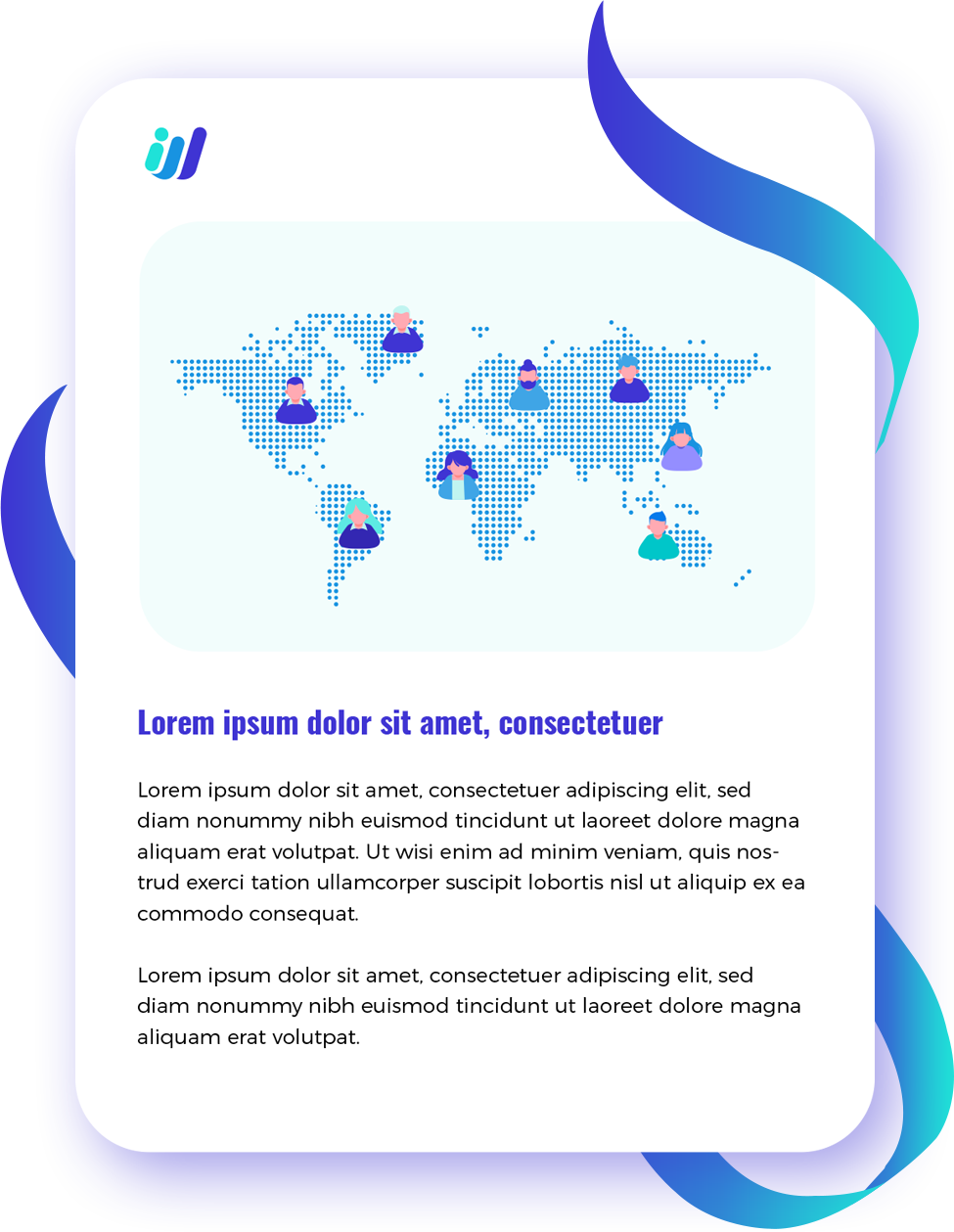Everyone’s attention has been drawn to the Great Resignation, and properly so. According to the Ceridian survey, one-quarter of American workers (24%) are looking for a new job, with another 36% indicating they’d consider leaving for the appropriate chance.
Nearly half of those seeking for new jobs (46%) said they were looking for greater pay, including a higher salary and benefits, while another third (33%) desired more flexibility, such as remote work and flexible hours. Furthermore, nearly a third of workers (31%) who are looking for new jobs cite a lack of growth opportunities and potential as a factor for their search.
Only 40% of employees believe their employers provide skill development, and only 37% say they assist employees to identify skills they need to stay employed and engaged. This is a gap that businesses may fill by utilizing technology to create programs that enhance skill development.
Companies that had successfully implemented reskilling programs felt more prepared to meet future skills gaps, according to a recent McKinsey & Company poll. Those who felt the first iterations were less effective, on the other hand, said they were better prepared to tackle the next skill level. Businesses that prioritize a skills-based focus for their hiring process and talent development program have a great opportunity to leverage in-house talent. Moreover, they can build the infrastructure to support continuous reskilling and upskilling initiatives and help close the technology gap more effectively.
Remote Work Flexibility
Based on Ceridian’s 2022 Pulse of Talent report, today’s workforce looks beyond salary, job stability, and benefits. The possibility of doing remote work and enjoying flexible hours has become a top priority for employees all around the world.
Not only did poll respondents identify workplace flexibility as a top benefit in their current positions, but it also placed high as a cause for quitting a job despite decent compensation and a top reason for looking for a new job.
Meeting employee expectations has long been an important component of finding and winning global talent. The challenge for organizations is to develop the right policies for their employees as well as provide technology that supports a global, fluid, and borderless workforce.
Allowing employees to work how and where they choose can assist in fostering high levels of employee engagement. Employees will prosper through purpose-driven work, flexibility, and variety that keeps them both interested and motivated by utilizing their abilities to address a variety of unique challenges.
At the same time, today’s economic environment necessitates agility, and firms that take a flexible approach to teambuilding around specific business goals might gain a competitive advantage. Companies can benefit from matching the right internal and external candidates to the right roles regardless of geographical boundaries by providing a diverse range of opportunities for employees to gain the broader experience and perspective they desire. This creates an environment that drives both employee engagement and organizational agility. It’s a win-win situation.
Reimagining the Future of Work
To find and win global talent, the employee experience – from how employees are paid to where, when, and how they work – must be more front and center than ever before. When trust, transparency, inclusion, and empowerment abound in an organization, these will have far-reaching impacts on every aspect of the employee lifecycle and even the path toward business success in the future. Look into Third Wave Outsourcing to know more about the importance of finding, winning, and retaining global talent.


